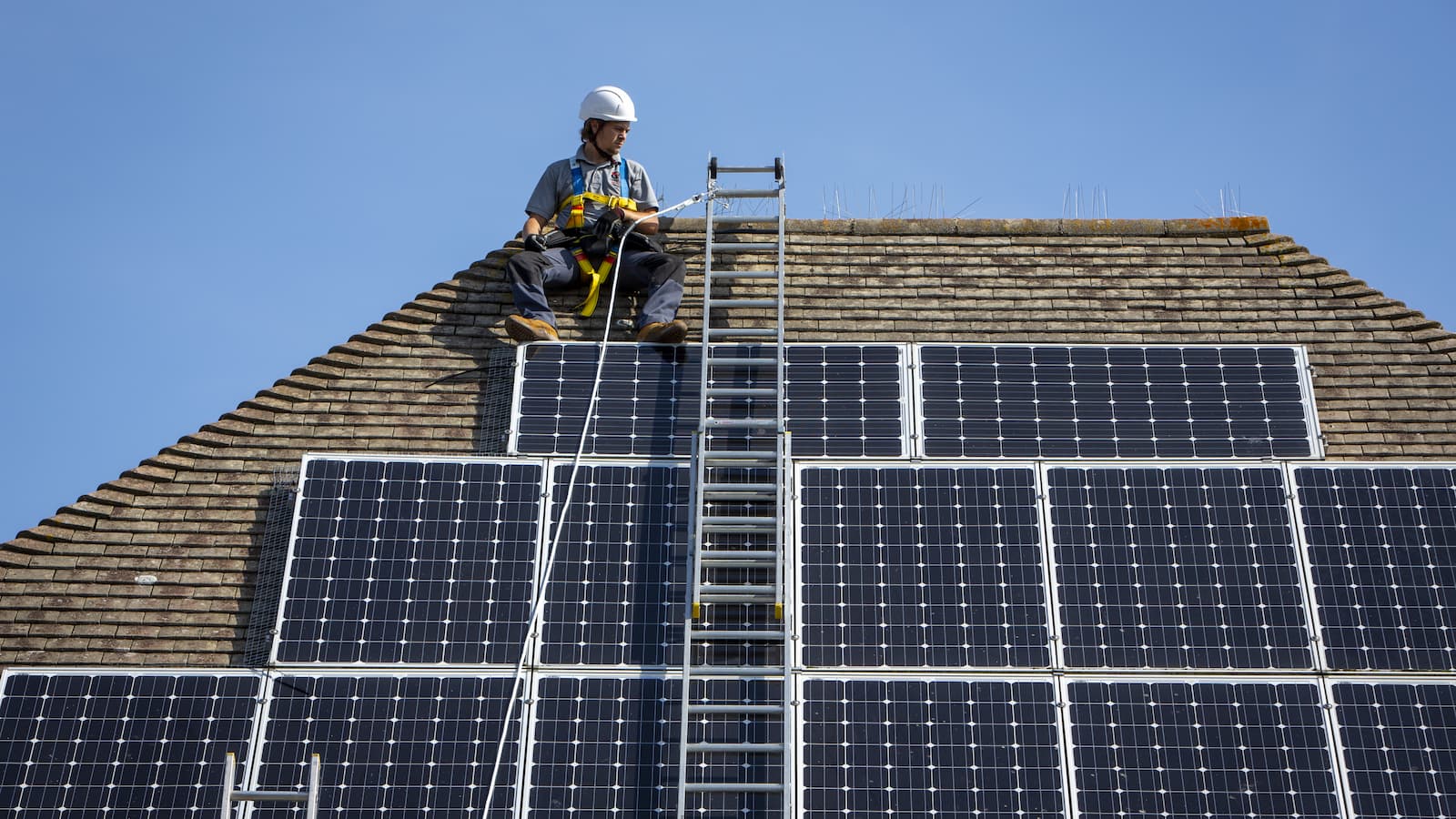
"Phil Strickland, Technical Operations Director at 21 Degrees, says: "It wouldn't normally be the visible glass panels where it starts. Any fire is more likely caused by the DC current in cables or connectors, not the panels themselves." He further states, "Even when a system is switched off, sunlight can still generate DC current," he explains. "If connections are poor or components damaged, that current can arc, overheat and cause a fire.""
"Regulations and industry standards play a key role in keeping solar installations safe. These regulations aim to cover every part of a solar PV system. Ian Rippin, CEO of the Microgeneration Certification Scheme (MCS), stresses the importance of certified systems: "Only invest in certified systems made of certified products, installed by a certified contractor." The updated RC62 code of practice, produced with the Fire Protection Association and Solar Energy UK, sets clear standards for design, installation and maintenance to reduce fire risk."
Solar panels rarely ignite at the visible glass surface; most fires originate in DC cabling, connectors or damaged components where current can arc and overheat. Sunlight continues to generate DC current even when systems are switched off, increasing risk if connections are poor or components are compromised. Module-level power electronics such as optimisers convert DC to AC at the panel and can reduce fire risk. Regulations and industry standards, including the updated RC62 code of practice and Microgeneration Certification Scheme requirements, mandate certified products and installers to reduce fire hazards. Manufacturers are responding with fire-resistant designs like double-glass in-roof panels built to stricter safety and building regulations.
Read at Homebuilding
Unable to calculate read time
Collection
[
|
...
]